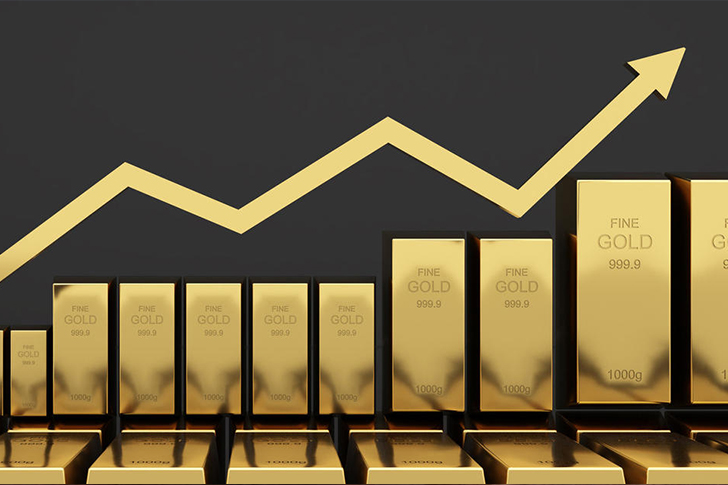Seniors: the Current Cost of Gold
Gold’s significance as a financial asset is crucial, especially for seniors seeking stable investments during retirement. Recognized as an inflation hedge and economic safe haven, understanding gold’s current investment costs is essential for portfolio inclusion.

Understanding the Price of Gold
Gold prices are influenced by a variety of factors including geopolitical stability, currency values, interest rates, and market speculation. Gold prices ended 2023 at an all-time high of $2,135.39 per ounce, driven by a weak U.S. dollar and expectations that the Federal Reserve would begin lowering rates. For 2024, predictions indicate that gold prices may dip initially but are expected to climb to new highs later in the year, with a forecasted peak of $2,300 per ounce by 2025 due to interest rate cuts and easing inflation. The geopolitical tensions and a potential decrease in faith in the U.S. dollar also contribute to the predicted rise in gold prices.
Factors Affecting Gold Prices
Several key factors can influence the cost of gold. Primarily, economic downturns often lead to higher gold prices as investors seek safety away from declining stock markets and other riskier investments. Conversely, when the economy is strong, gold prices can decrease as less conservative investment options potentially offer higher returns. The strength of the dollar is another critical factor; a weaker dollar makes gold cheaper for holders of other currencies, thus potentially driving up prices. Moreover, interest rate changes impact gold prices. Typically, lower interest rates decrease the opportunity cost of holding non-yielding bullion, making gold more attractive.
Gold Buying Options for Seniors
Seniors considering gold investments have a few options. Physical gold, like coins and bullion, is a popular choice, providing tangible assets that can be held privately, devoid of any counterparty risk. These can be purchased through dealers, both in person and online. However, it’s crucial to consider the premiums over the spot price of gold when purchasing physical forms, as well as insurance and storage costs.
Gold exchange-traded funds (ETFs) are another option. These financial instruments trade on stock exchanges similar to stocks and mimic the price of gold. They provide liquidity and ease of trading without the need for physical storage. For seniors, that means less hassle and quick access to the market.
Long-Term Investment Considerations
For retirees, the goal of investing in gold isn’t typically about short-term gains. Instead, it’s about preserving wealth over the long haul. Despite its lack of yield, gold can provide portfolio diversification, acting as a counterbalance to stocks and bonds, which may be subject to market fluctuations and risk. Historical data supports the notion that gold maintains its purchasing power over long periods. Therefore, including gold as a component of a balanced investment portfolio could be a prudent strategy for managing risk and securing financial stability in retirement.
Market Trends and Future Outlook
Looking ahead, market analysts project that gold prices may continue to experience swings as global economic conditions evolve. The ongoing responses to inflation, changes in U.S. Federal Reserve policies, and geopolitical tensions are likely to influence market sentiment and pricing. Seniors should keep an eye on these trends and consider how their retirement portfolios might be affected by these changes.
Conclusion
Investing in gold can be an excellent way for seniors to preserve and protect their wealth, especially during times of economic uncertainty. By understanding the complex factors that impact gold prices and carefully evaluating their investment options, seniors can navigate the challenges and capitalise on the opportunities that gold investing offers. Awareness of market conditions and thoughtful consideration of personal finances and retirement goals will aid in making informed decisions that secure financial stability in the later years.
As always, consulting with financial advisors or investment professionals before making any significant investment decisions is highly recommended, particularly for individuals who are new to gold or precious metals investment.







Recent Comments